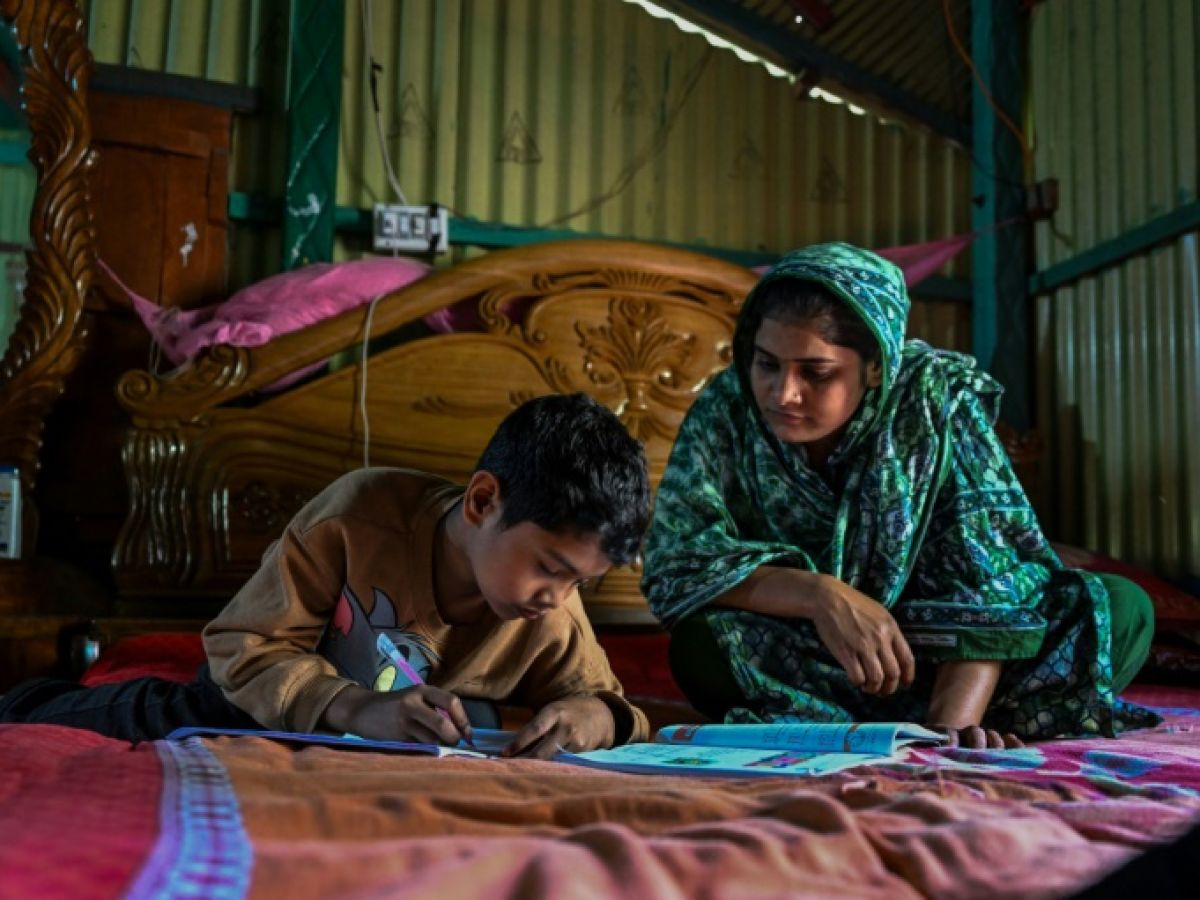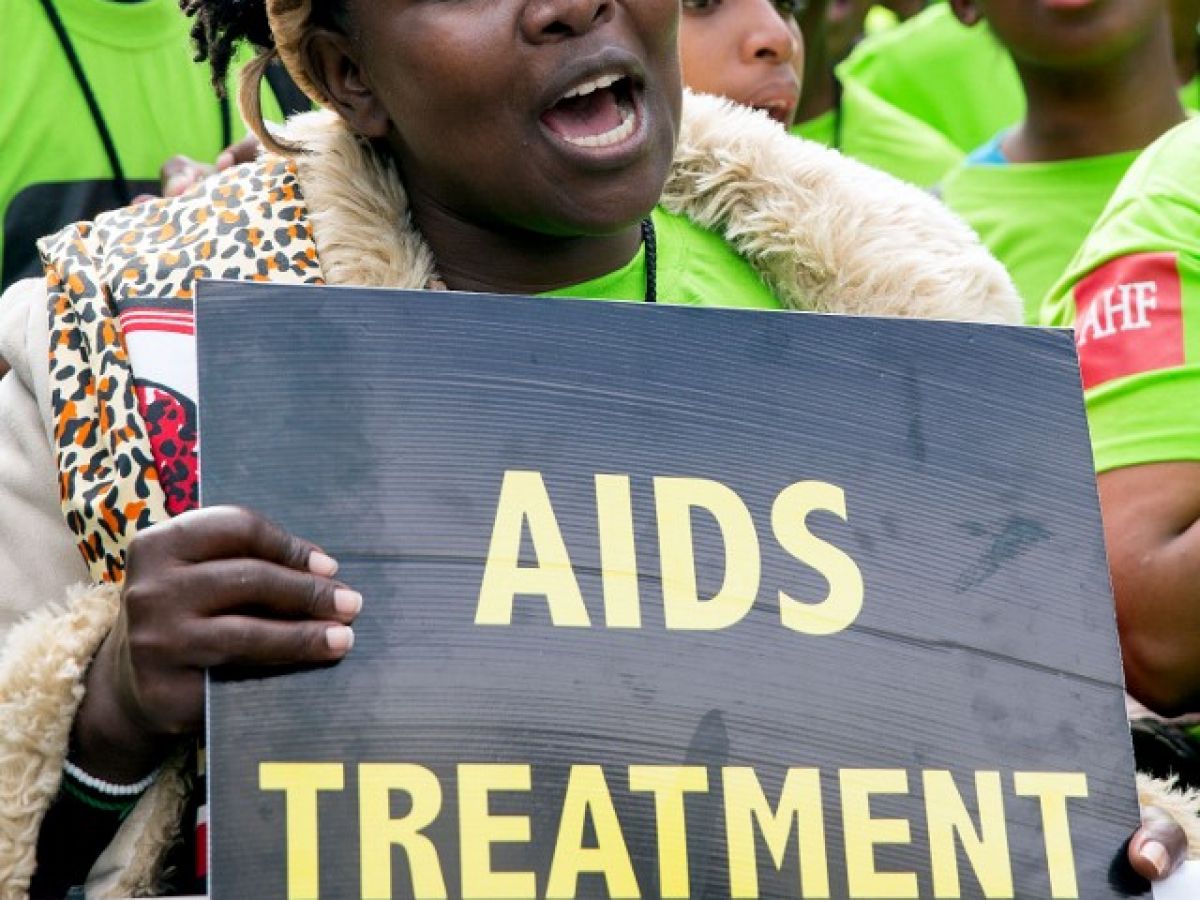He is 12 years old, but his small stature suggests he is barely 8. Like most of the children in his village, Junayed suffers from lead poisoning, a silent yet deadly illness that worries Bangladeshi authorities.
Sitting on a plastic chair, he gazes blankly across the courtyard of his home in Lalbari, a two-hour drive north of the capital, Dhaka. He doesn't say a word about the illness gnawing at him.
Draped in an impeccable sari speckled with blue and green, it is her mother who speaks of it.
"From the second grade onwards, he no longer wanted to listen to us or go to school. He cried a lot too," says Bithi Akter, 26. "The doctor couldn't tell us what he was suffering from. After his blood test, we understood that it was linked to lead."
The results are clear: 11 micrograms of lead per deciliter of blood. Twice the threshold (5 µg/dL) at which the World Health Organization (WHO) considers this metal to be harmful to a child's development.

Testing campaigns conducted in Bangladesh in recent years have shown that Junayed's case is commonplace.
In this country alone, 60% of children, or more than 35 million, have dangerously high lead levels. And the majority (86%), this invisible poison comes from informal battery recycling factories.
In a 2023 report, the United Nations Children's Fund (UNICEF) and the NGO Pure Earth identified 815 million victims of lead poisoning worldwide, citing paint, toys, and kitchen utensils as other sources of contamination.
The list of its effects is long, especially in children, who are more vulnerable: a decline in intelligence quotient and cognitive performance, anemia, growth retardation, neurological disorders, and even death.
– “Silent Killer” –

With blood tests in hand, Bithi Akter quickly made the connection between his son's symptoms and the workshop near which he used to play.
“It would start at night, and the whole area would be filled with smoke. You could smell this particular odor when you breathed,” she recalls. “The fruit wouldn’t grow during the season. One day, we even found two dead cows at my aunt’s house…”
"They closed the factory as soon as we started complaining," adds another mother from the village, Morsheda Begum. Her 14-year-old son, Muhin, was also affected by lead.
For Mitali Das of Pure Earth, "wild" battery recycling is a real poison.
"In these factories, they break down old batteries, remove the lead, and melt it down to make new ones," she describes. "They do all this in the open air (...) the toxic fumes and acidic water produced in the process pollute the air, soil, and water."
“Lead is a silent killer,” she sums up.
His NGO has identified more than 300 polluted sites across the country, including 265 informal recycling plants. The World Bank estimates there are more than a thousand of them...

As in Fulbaria, a small village 150 kilometers north of Dhaka. At the end of a forest path, sheltered by high stone walls and a carefully guarded gate, stands the headquarters of the Chinese company Xinyuan Storage Ltd.
His manager refuses to open the door, so a neighbor, Rakib Hasan, leads the tour.
– “It’s dead” –
On one side of the factory, neatly arranged rice paddies dotted with green shoots. On the other, a pipe spews water into an opaque green pool. All around, dead plots of land, caked with thick orange mud.
"I remember as a child, bringing food to my father when he was in the fields. The landscape was beautiful, green, the water was clear," says Rakib Hasan, 34.
"You see what it looks like now. It's dead, forever," the engineer rages. "They killed our village."

On his complaint, a judge declared the factory, which officially employs 80 people, illegal and ordered the power to be cut off. But the country's Supreme Court suspended his decision.
"The factory bought out the local authorities (...) our country is poor, many people are corrupt," the plaintiff grumbles. "We need jobs, but not those that destroy our environment..."
Contacted by AFP, neither the company nor the Chinese embassy responded.
As for the Minister of the Environment in the interim government, she refuses to comment on a case brought before the courts.
"We regularly conduct operations against the illegal production and recycling of electric batteries," assures Syeda Rizwana Hasan, "but these efforts are often insufficient given the scale of the phenomenon."
- " Prevent " -
It must be said that informal battery recycling is booming in Bangladesh, fueled by the boom in the electrification of rickshaws, the motorized tricycles that clog up the country's city streets and rural roads.

Authorities have identified nearly 4 million of them. The lucrative market for their batteries is estimated at $870 million (€800 million).
"It's almost entirely informal," laments Sohanur Rahman of the NGO Youth Net. "It needs to be legalized so that government security regulations are enforced."
"It's a bit of a downside to going all-electric," says Maya Vandenant of UNICEF, who advocates for a strategy of "formalization" of the sector, including stricter rules, tax incentives and, above all, information campaigns.
"Most people are unaware of the dangers of lead," she insists. "The cost of IQ loss caused by lead has been estimated at 6.9 growth points for the country's economy!"
To better combat this pollution, a new blood testing campaign has just been launched among 9,000 of the country's residents. In addition to lead testing, it will measure the levels of other heavy metals such as mercury and arsenic.
Authorities and NGOs are under no illusion: the results will be bad.
So for Dr. Muhammad Anwar Sadat, who is following the case at the Ministry of Health, there is already an urgency.
"If we do nothing," he warns, "the number of people affected will increase three or fourfold in the next two years."


